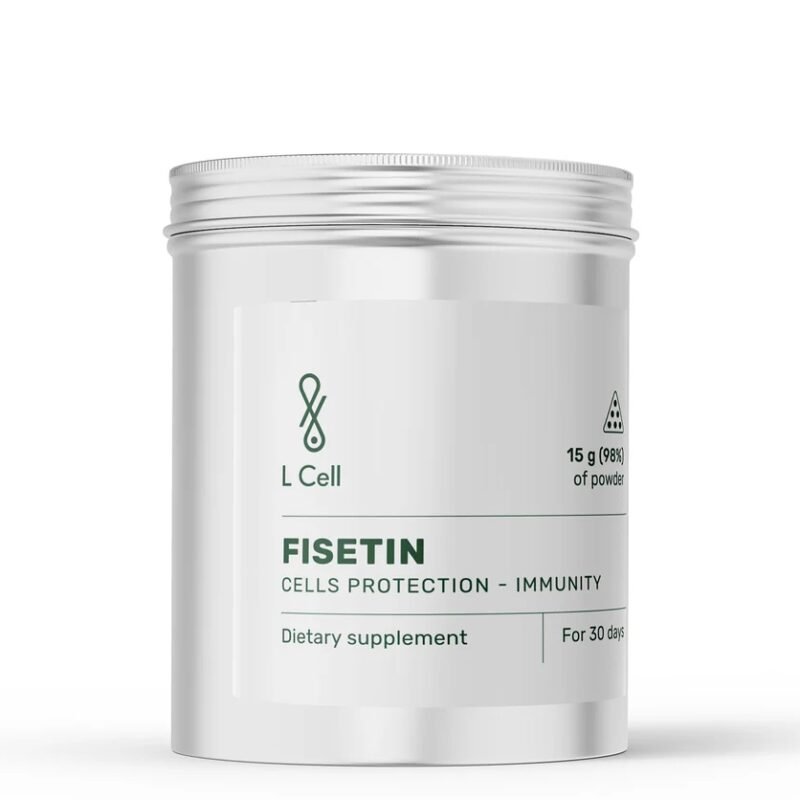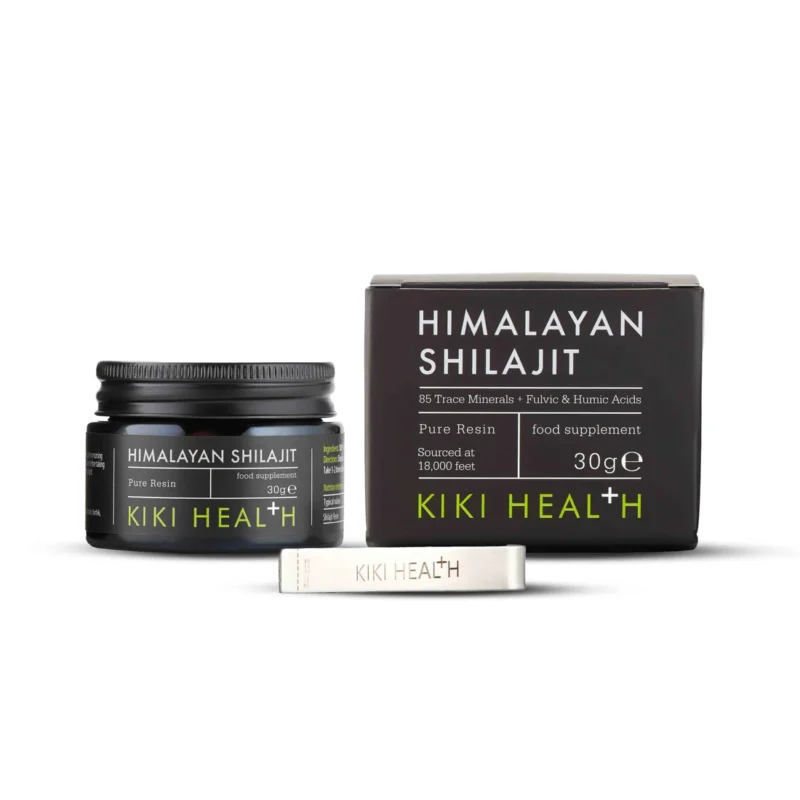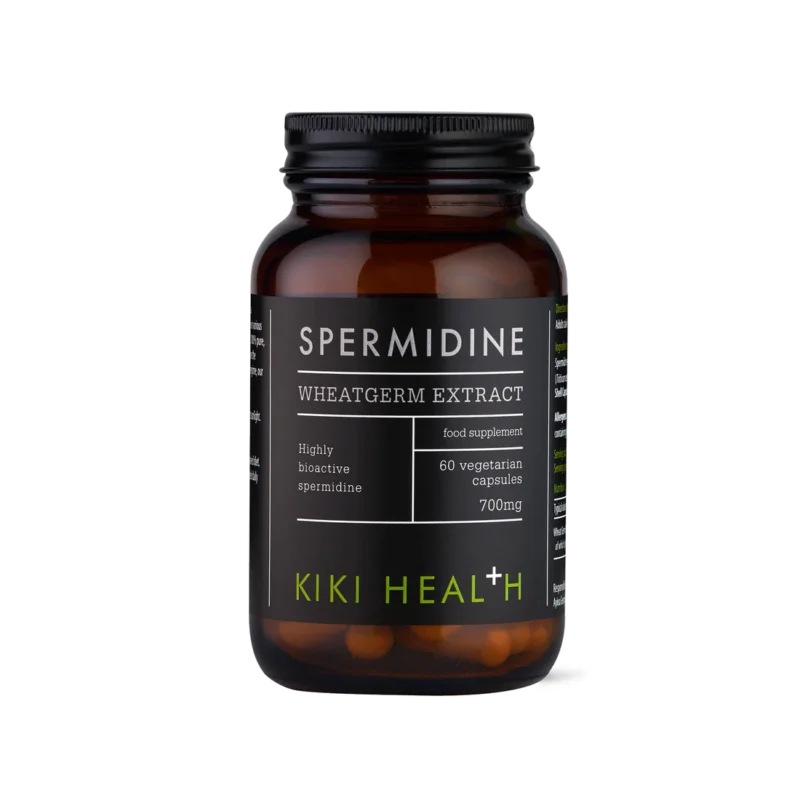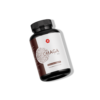Features of Lion’s Mane Mushroom:
Clear Intelligence*:
An Italian study found for the first time that Lion’s mane mushrooms can affect specific chemical mechanisms involved in the long-term development of traumatic brain injury (TBI) and Parkinson’s disease (PD). This mushroom reduces neuronal inflammation and acts against oxidative stress, which also occurs in the midbrain, reducing the risk of these diseases.
Bright Day *:
Int. J. Mol. Sci. in 2020 in a Chinese study, experts found that amicenon, derived from Lion’s mane mushroom extract, which contains 0.5% hericenon and 6% amyloban, may be an active ingredient in fighting depression.
Anti-inflammatory properties*:
According to a 2014 study, the Lion’s mane mushroom was found to have anti-inflammatory properties. Inflammation in the human body can cause chronic diseases and cause serious problems. Based on this 2014 information from a mouse study suggests that Lion’s mane mushroom has anti-inflammatory properties.
Nerve cells*:
in 2011 A study conducted by Evid Based Complement Alternat Med found that Lion’s Mane mushroom can have a positive effect on nerve cell repair. Mice treated with Lion’s Mane extract showed faster results in the recovery of hind limb function and normal toe extension compared to the untreated group. This suggests that this mushroom can promote nerve regeneration in the early stages of treatment.
What are the most popular uses of this mushroom? One of the most common ways is Lion’s mane capsules suitable for vegans.
Usage: adults take 1-3 tablets per day with a glass of water. Take with food.
Do not exceed the recommended dose.
Ingredients: Lion’s mane extract, tackifier microcrystalline cellulose, magnesium carbonate, rice flour, tackifier silicon dioxide, stabilizer hydroxypropylmethylcellulose, extracted concentration ratio, (15:1)
| 1 capsule: | 2 capsules: | RMV*, % | |
|
Lion’s mane mushroom extract |
500 mg | 1000 mg | – |












Reviews
There are no reviews yet.